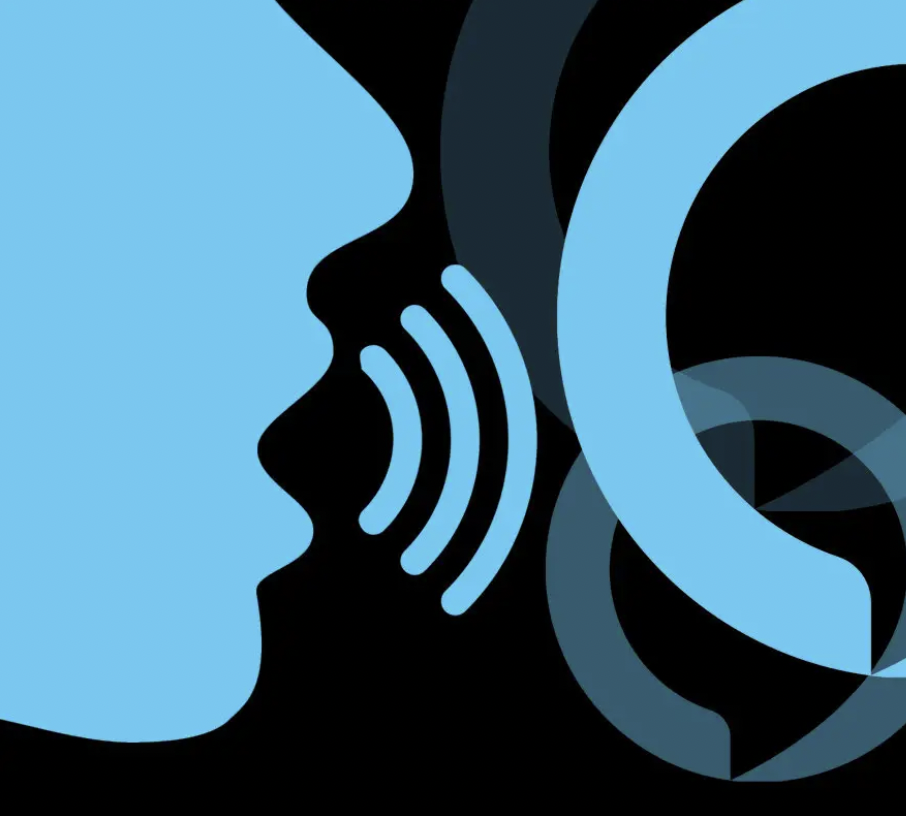 Image 1 of 2
Image 1 of 2

 Image 2 of 2
Image 2 of 2



Coming to Voice: Feminist and Anti-Racist Theories of Language and Power [6-weeks, $250 Suggested]
***This class has already started, but interested students can audit this course asynchronously.
Instructor: Dahiya | Tuesdays May 3-June 7 | 7:00-9:00 PM ET
According to black feminist theorist bell hooks, "moving from silence into speech is a revolutionary gesture," an integral act of self-transformation. Coming to voice, then, is a form of resistance against what Nobel Prize winner Toni Morrison describes as the actual violence of “oppressive language [that] limits knowledge.” In this class, we will draw on feminist and anti-racist thought to re-theorize the nature of language itself, engaging with the fields of linguistics, neuroscience, psychology, and anthropology. We will start by studying how major scientists such as Pierre Paul Broca and Carl Wernicke in the 19th century argued that brown and black people were cognitively inferior, and therefore incapable of harnessing language. We will draw on Jane Hill in linguistic anthropology to show how colonial and racial logics continue to structure the ways we speak and know. We will use these histories to track alternative modes of coming to voice against dominant speech–such as M. NourbeSe Philip’s poetic revisioning of violent legal language in Zong!--and ultimately imagine our own possibilities for coming to voice. Central questions for us will be: How do the colonial and enslavement logics sever us from our "mother" tongue, and aim to render us voiceless? What does it mean to be without language? How can we attune ourselves to the language of our bodies and language of silence and the language of noise? What strategies have feminist, anti-racist, and anti-colonial theorists invented for us to come to voice? And finally, who is it we want to reach when we find our voice?
In addition to Morrison and hooks, thinkers will include Sylvia Wynter, Audre Lorde, Adrienne Rich, Hortense Spillers, M. NourbeSe Philip, Saidiya Hartman, Katherine McKittrick, Ashon Crawley, Jane Hill, Terrence Deacon, and Arthur K. Spears.
—
We depend on a mix of direct student donations and supplemental donations to make all classes pay-what-you-can. Please pick the pricing tier that corresponds with your needs and that you are able to pay now. If you would like to pay in installments, make your first payment now and make a note on your check-out form. If you would like to donate more later in the term, you can always come back and use the “Make a One Time Donation” button! To use a full scholarship, just pick the $3 tier to cover site/processor fees.
If at any point up to 48 hours before your first class session you realize you will be unable to take the class, we will work with you to reallocate your funds to a future class, to another student’s scholarship, or refund it. After classes begin, we are only able to make partial refunds and adjustments.
***This class has already started, but interested students can audit this course asynchronously.
Instructor: Dahiya | Tuesdays May 3-June 7 | 7:00-9:00 PM ET
According to black feminist theorist bell hooks, "moving from silence into speech is a revolutionary gesture," an integral act of self-transformation. Coming to voice, then, is a form of resistance against what Nobel Prize winner Toni Morrison describes as the actual violence of “oppressive language [that] limits knowledge.” In this class, we will draw on feminist and anti-racist thought to re-theorize the nature of language itself, engaging with the fields of linguistics, neuroscience, psychology, and anthropology. We will start by studying how major scientists such as Pierre Paul Broca and Carl Wernicke in the 19th century argued that brown and black people were cognitively inferior, and therefore incapable of harnessing language. We will draw on Jane Hill in linguistic anthropology to show how colonial and racial logics continue to structure the ways we speak and know. We will use these histories to track alternative modes of coming to voice against dominant speech–such as M. NourbeSe Philip’s poetic revisioning of violent legal language in Zong!--and ultimately imagine our own possibilities for coming to voice. Central questions for us will be: How do the colonial and enslavement logics sever us from our "mother" tongue, and aim to render us voiceless? What does it mean to be without language? How can we attune ourselves to the language of our bodies and language of silence and the language of noise? What strategies have feminist, anti-racist, and anti-colonial theorists invented for us to come to voice? And finally, who is it we want to reach when we find our voice?
In addition to Morrison and hooks, thinkers will include Sylvia Wynter, Audre Lorde, Adrienne Rich, Hortense Spillers, M. NourbeSe Philip, Saidiya Hartman, Katherine McKittrick, Ashon Crawley, Jane Hill, Terrence Deacon, and Arthur K. Spears.
—
We depend on a mix of direct student donations and supplemental donations to make all classes pay-what-you-can. Please pick the pricing tier that corresponds with your needs and that you are able to pay now. If you would like to pay in installments, make your first payment now and make a note on your check-out form. If you would like to donate more later in the term, you can always come back and use the “Make a One Time Donation” button! To use a full scholarship, just pick the $3 tier to cover site/processor fees.
If at any point up to 48 hours before your first class session you realize you will be unable to take the class, we will work with you to reallocate your funds to a future class, to another student’s scholarship, or refund it. After classes begin, we are only able to make partial refunds and adjustments.